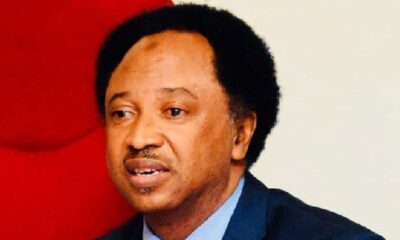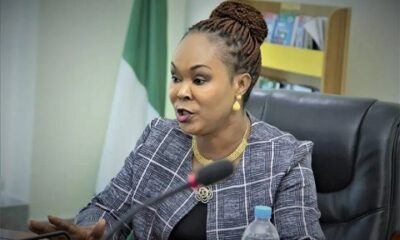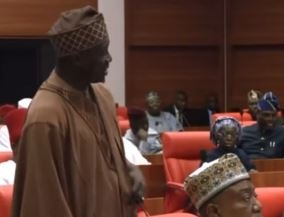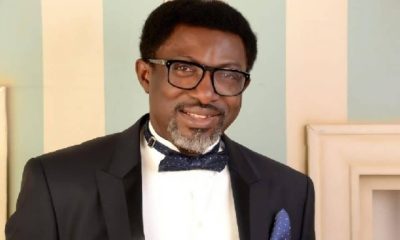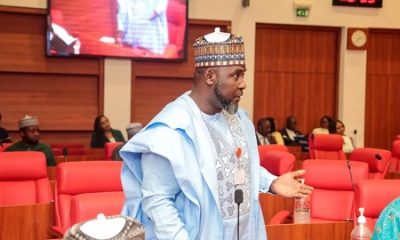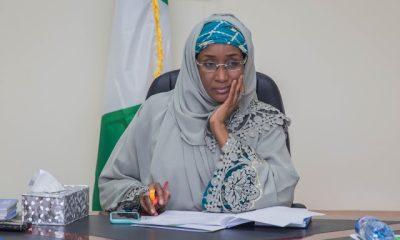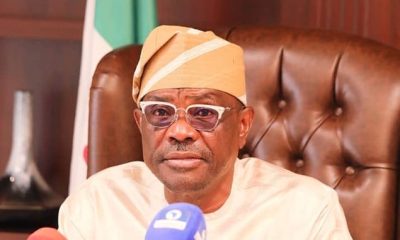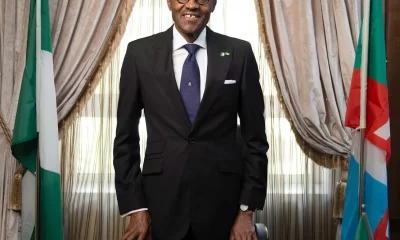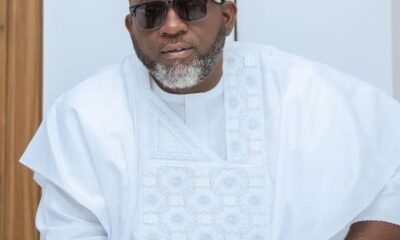NEWS
Rifts Between Senators And Buhari Over Electoral Bill
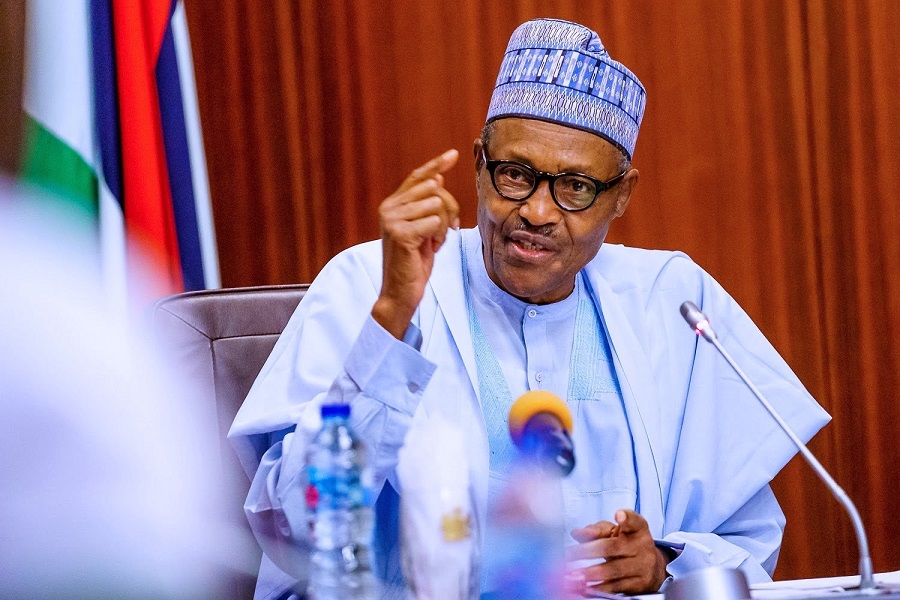
President Muhammadu Buhari’s rejection to approve of the Electoral Act Amendment Bill 2021 has caused a rift between him and the National Assembly.
Aggrieved senators have begun collection of signatures to override the President’s veto of the bill, it was learnt yesterday.
Political differences momentarily collapsed as a good number of senators from the ruling All Progressives Congress (APC) and the opposition Peoples Democratic Party (PDP) teamed up to protest the President’s decision.
The senators said they were elected by Nigerians to make law, not the governors, whose wishes the President seems to be pandering to.
There was resentment as Senate President Ahmad Lawan read President Buhari’s letter informing them about the withholding of assent.
Lawan unveiled the contents of the letter from the President, shortly after the Upper Chamber rose from its Executive Session at 11.40am.
However, House of Representatives Speaker Femi Gbajabiamila said the Lower Chamber will respond to the President’s explanation in January, next year.
Buhari, in the letter titled: “Withholding of assent to Electoral Act (Amendment) Bill 2021”, said apart from legal, financial, economic and security implications of direct primary, the mode, which could stifle smaller parties, is susceptible to corruption and monetisation.
He said direct primaries are not free from manipulations.
The President also said direct primary as the sole method of choosing flag bearer is democratic.
Buhari added: “I am constrained to withhold assent to the Electoral Act (amendment) in view of the reasons already adduced”.
Also, he said his decision was in line with Section 58(1 and 4) of the 1999 Constitution (as amended).
The President warned the lawmakers to refrain from meddling in the internal affairs of political parties.
Many senators have appended their signatures to a special register to pass the bill into law without presidential assent.
Two issues were slated on the Order Paper for consideration, including the proposed override and the passage of 2022 Budget.
Sources said the Senate leadership tried to manage the situation at the Executive Session, but the senators said the battle line was drawn between them and the forces behind the presidential veto, especially governors.
Some of the senators, who were visibly angry, said it was obvious the President reneged on what he discussed with National Assembly leaders.
It was learnt that after the session, a list was being passed around for senators to indicate their interest in overriding the President.
Both APC and PDP senators allegedly embraced the idea by signing the register to override the veto. However, Senate President Lawan and some principal officers tried to curtail the situation.
One of the options before the Senate leadership was to douse tension by shifting the debate on the President’s veto till January 2022. But, tension pervaded the National Assembly throughout plenary.
The issue in contention last night was whether or not to invoke Section 58 (1-5) of the 1999 Constitution to override the President’s decision.
A senator from the Northeast said: “At the Executive Session, we agreed that there was nothing concrete in the reasons given by the President for rejecting the bill. Instead of toeing the path of participatory democracy, the President has adopted the same selective democracy approach, which we have been practicing for 22 years.
“We have initiated the move to override the President’s veto because the bill is in the public interest. It will empower the people to choose their leader instead of the present imposition by most governors and power brokers.”
“If you look at the National Assembly, less than 30 per cent of the lawmakers used to return to the two chambers. The low return rate was not due to poor performance, but because some power brokers did not want them.



